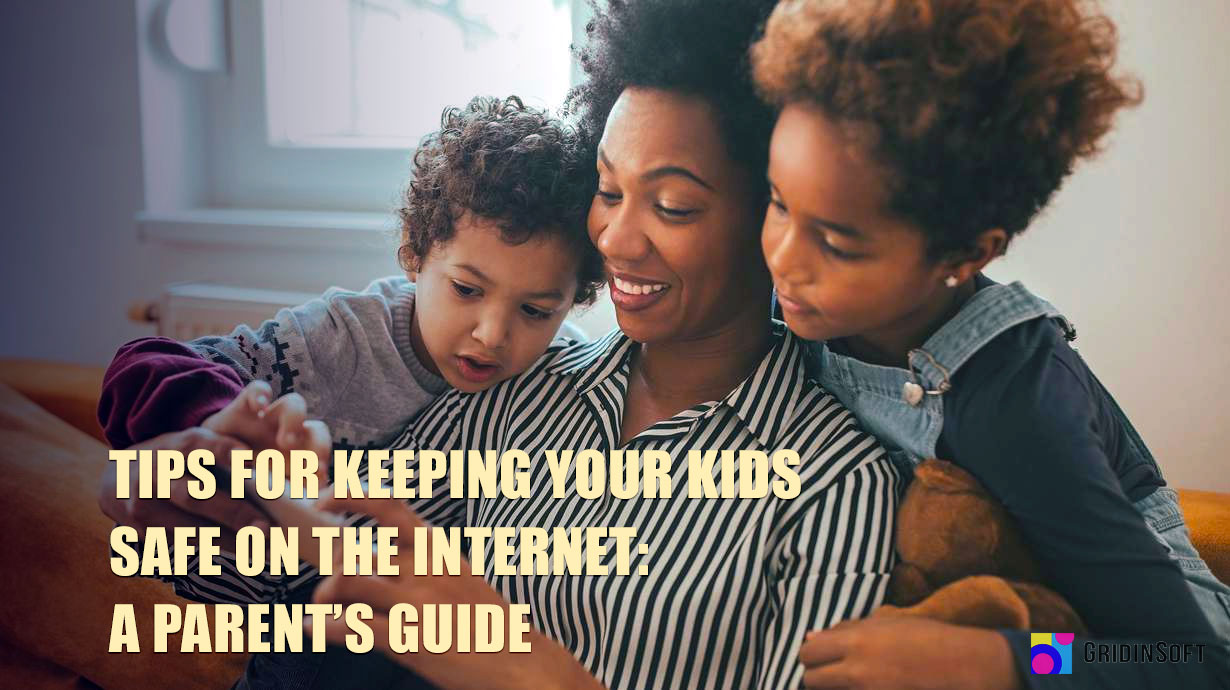The internet can be used by a wide number of people—that could include children, adolescents, and seniors. However, ensuring that your children are safe from the negative implications of the internet could be challenging. As a parent or a guardian, you should be held responsible for taking actions that could counter the dangers of your kids online. You can participate in certain tasks to ensure the safety and well-being of your children online.
Your children can surf the internet as long as you are acquainted with the back side of using the internet. The internet could be a fun place for most people but, it could be a dark place for naïve children. They could easily become susceptible to cyberbullying and identity theft, and they could become exposed to negative persuasion online.
Recent studies by experts show that if you are participating in the online activities of your children—you are able to learn about child safety on the internet. You deserve all the rights and authority to learn about the online presence of your children to ensure that they are using it without posing any threat to their safety. The following merits are a compilation of the rules of safety that you should follow as a courtesy to your child’s safety on the internet.
1. Connect with your kids online
Internet safety is a crucial topic which should be taken into consideration by all parents. However, restricting the use of the internet could provoke your child to compromise with its independence. As a parent, you do not allow your children to interact with strange people in real life so; you should implement the same tactic with your kid when he is using the internet. You should follow your children on their social media accounts to monitor their social media lives and to see what kind of people they are connecting with.
2. Have a discussion regarding the use of the Internet
Parents usually understand the pros and cons of using the internet so; they should have a healthy discussion with their children regarding the use of the internet. They should educate them on the bright side and the dark side of the internet, and you should talk to your children about informing you regarding their usage of the internet. You should also ensure that your child refrains from using their actual personal information on the internet.
3. Monitor who your kids are connecting with online
As a parent, you should monitor the online activities of your children, and you should keep an eye on what kind of people your children are connecting with on an online platform. While it may come off as an authoritarian parenting style to your children—it is a step that should be taken to ensure the internet safety of your children.
4. Teach them about phishing scams
Teaching your child about phishing scams is an important part of internet safety. Phishing scams are fraudulent attempts to obtain sensitive information, such as usernames, passwords, by posing as a trustworthy entity, such as a social media site, or online retailer.
To help your child recognize and avoid phishing scams, you can teach them to:
- Look for warning signs: Phishing emails and websites often contain misspellings, poor grammar, and other signs that they may not be legitimate. Teach your child to look for these warning signs and to be wary of any emails or websites that don’t look quite right.
- Verify the source: Teach your child to verify the source of any emails or websites that ask for sensitive information.
- Don’t click on links: Teach your child to avoid clicking on links on websites unless they are absolutely sure that they are safe. Phishing scams often use links to direct users to fraudulent websites that look like legitimate ones.
By teaching your child about phishing scams, you can help them stay safe and protect their personal information online.
4. Implement limits on the usage of the internet
The use of the internet could help your children with their homework but, it should be used in moderation. Internet safety concerns parents regarding the safety of their children, and they should implement certain limitations on the usage of the internet by their children.
If you are taking precautions to trace the online presence of your children, it could become nearly impossible to stop your children from using the websites that appeal to them. You can start setting boundaries by adjusting the parental tools and filters on your Internet Service Provider. It can block and filter the websites that might be harmful to your kids. Also, you should examine the device that your child uses to access the internet. You can consider activating the Parental Controls functions on the device to filter the websites which could pose a threat to your child’s safety online.
Also, there is a big possibility that your child will try to download some game with a virus or accidentally visit a site with inappropriate content. This is something you can’t control only for yourself. In this case, the best decision is to use anti-malware software that will block all unsafe and unpleasant things around the Web.





